LiA Week 3 - 4
By the third week, my role at the kindergarten expanded beyond classroom teaching. I began leading lessons across multiple subjects while also spending more time with families and teachers to understand the challenges that shape students’ lives. Through interviews with parents, I heard about the daily struggles of managing limited finances, unpredictable jobs, and household responsibilities. Despite these difficulties, one theme stood out clearly: parents consistently viewed education as the most valuable investment they could make for their children. They hoped schooling would give their children opportunities they themselves had been denied. I also encouraged students to share their own dreams, and their responses reflected a remarkable sense of ambition when given encouragement. Some wanted to become teachers or police officers, while others spoke about helping their families or simply wanting to continue learning. These conversations helped me see how even small acts of motivation in the classroom can plant seeds of confidence and aspiration. The more I engaged with the community, the more I realised that education here is not only about academics but about cultivating resilience and hope.
In the fourth week, I had the chance to co-organise a community event alongside the kindergarten’s leadership. Our aim was simple: to do something special for the children while also promoting healthier habits. We prepared care packages filled with essential goods and included snacks like oats, yoghurt, and fruit to encourage better eating, instead of the instant noodles and processed foods we often saw them consuming. It was a joyful occasion where the children felt celebrated, and the school community came together to reinforce the message that health and learning go hand in hand.
What struck me most was how families valued both the material support and the symbolic recognition. Parents expressed gratitude not just for the contents of the packages but for the sense of being seen and supported by the kindergarten. The event also deepened the trust between families and staff, creating an atmosphere where education feels like a shared responsibility. At the same time, I could not help but reflect on the need for longer-term solutions. A one-time distribution is meaningful, but it cannot fully address the nutritional challenges or economic instability these families face. I would love to explore more sustainable approaches in the future, whether through regular nutrition programmes, partnerships with local suppliers, or community-led initiatives.
These two weeks reminded me that education cannot be separated from the broader fabric of family and community life. When families feel supported, they engage more actively in their children’s schooling, and when children are given responsibility, they rise to the occasion. The event showed that small, thoughtful interventions can strengthen bonds and set the stage for more lasting change.
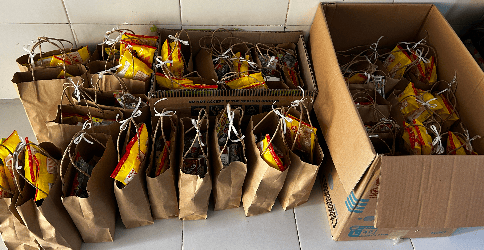
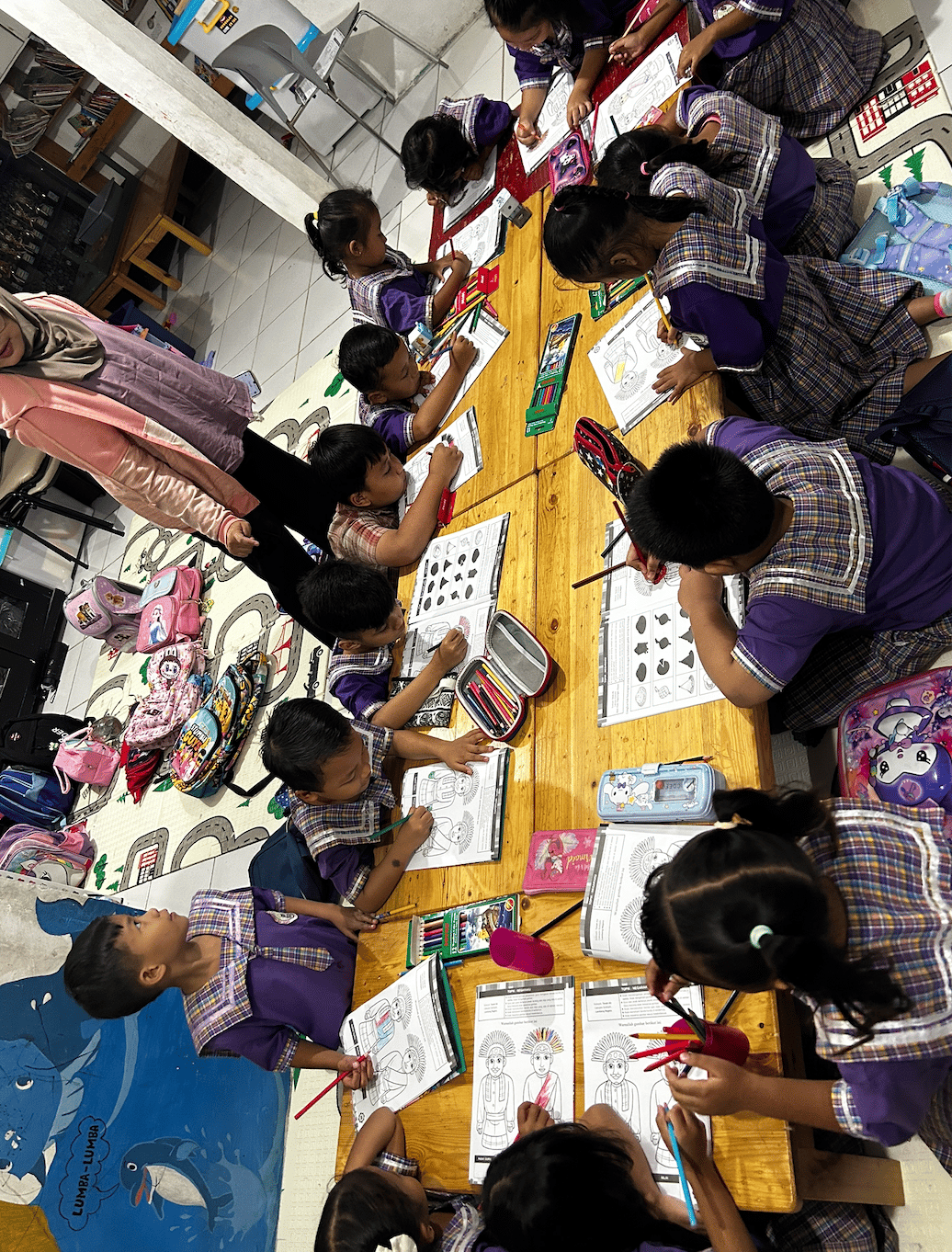
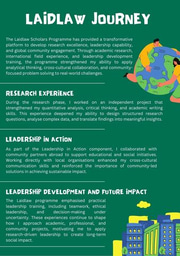
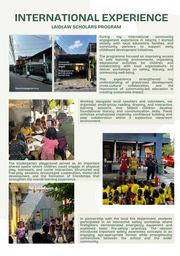
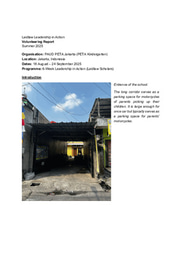
Please sign in
If you are a registered user on Laidlaw Scholars Network, please sign in